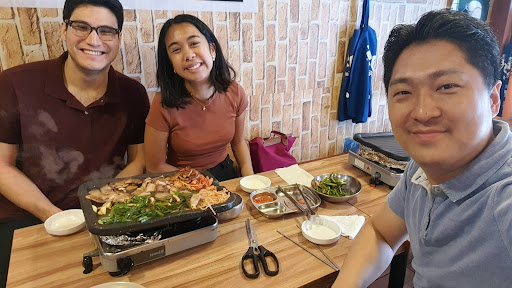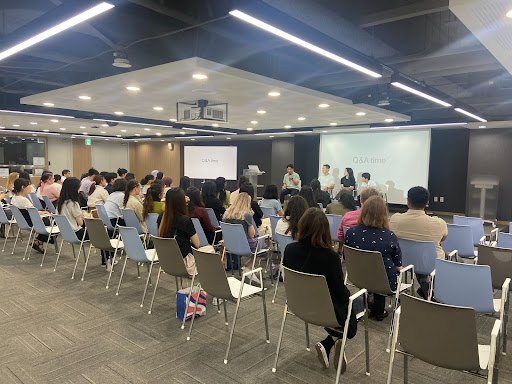
The South Korean job market offers a plethora of opportunities for international professionals, even if you do not speak Korean fluently. While language proficiency can certainly be an advantage, it is possible to succeed and thrive in a Korean workplace without being fluent in the language. In this article, we will explore strategies and tips for working effectively in Korea without speaking Korean, helping you navigate the professional landscape with confidence.
- Seek English-friendly Companies:
To increase your chances of finding employment without Korean language proficiency, target multinational companies or those with a strong English-speaking work environment. These companies are accustomed to working with international employees and often offer a more English-friendly workplace culture. Conduct thorough research on companies known for their language inclusivity and consider networking within expat communities to gain insights into English-speaking job opportunities.
- Build Strong English Communication Skills:
Mastering effective English communication skills is crucial when working in Korea without speaking Korean. Ensure your English proficiency is at a high level, both verbally and in writing. Practice clear and concise communication, actively listen to colleagues, and engage in effective cross-cultural communication. Demonstrate your ability to bridge communication gaps and adapt your communication style to accommodate different cultural norms.
- Embrace Cultural Sensitivity and Adaptability:
Korean workplace culture places significant emphasis on hierarchy, respect, and teamwork. Display cultural sensitivity by familiarizing yourself with Korean business etiquette, customs, and norms. Adapt to the hierarchical structure by understanding and respecting seniority. Develop cross-cultural competencies, such as demonstrating flexibility, open-mindedness, and a willingness to learn from colleagues and superiors.
- Utilize Translation Tools and Apps:
Leverage technology to overcome language barriers. Utilize translation tools and apps to facilitate communication with Korean-speaking colleagues and clients. Translation apps can help you understand and respond to emails, documents, and messages. Consider learning basic Korean phrases and greetings to showcase your effort and willingness to engage with the local language.
- Collaborate with Korean-speaking Colleagues:
Forge strong working relationships with Korean-speaking colleagues who can assist in facilitating communication and understanding. Seek opportunities to collaborate on projects, exchange knowledge, and gain insights into Korean culture and business practices. Building a strong rapport with Korean colleagues not only enhances communication but also helps create a supportive work environment.
- Invest in Language Learning:
While it is possible to work in Korea without being fluent in Korean, investing in language learning will undoubtedly enrich your experience and open up more opportunities. Enroll in Korean language courses, either through formal classes or online resources, to gradually improve your language skills. Even basic Korean proficiency can help you navigate everyday situations and build stronger relationships with Korean colleagues.
- Showcase Other Valuable Skills:
Although language proficiency is important, do not underestimate the value of your other skills and experiences. Highlight your technical expertise, industry knowledge, and transferable skills that align with the job requirements. Demonstrate your ability to adapt, problem-solve, collaborate, and deliver results. Showcase your international background and the unique perspectives and experiences you bring to the table.
While speaking Korean can certainly enhance your professional opportunities in South Korea, it is possible to succeed and thrive in the workplace without fluency in the language. By focusing on building strong English communication skills, embracing cultural sensitivity, utilizing translation tools, collaborating with Korean-speaking colleagues, investing in language learning, and showcasing your other valuable skills and experiences, you can navigate the South Korean workplace with confidence. Remember, success lies in adapting to the local culture, being proactive in your approach, and leveraging your strengths to contribute meaningfully to your professional endeavors in South Korea.




















